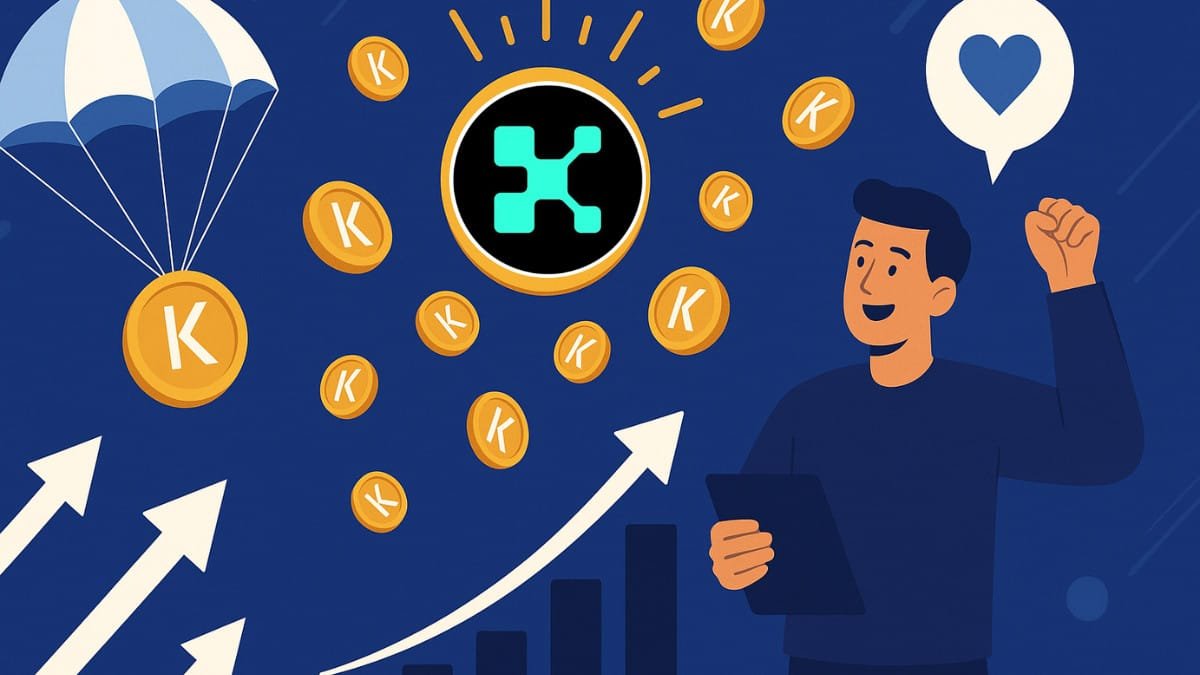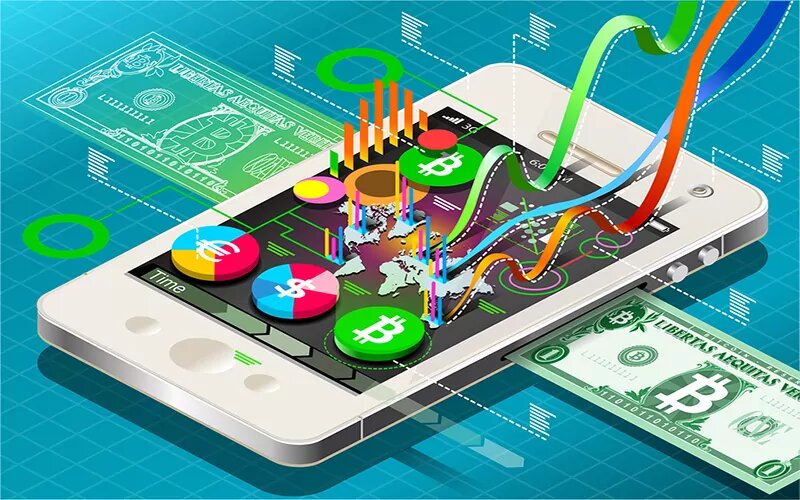There are more and more sectors in which Blockchain technology is used, and the world of sports has not been the exception.
In the course of 2022 and so far in 2023, it has been seen how different sports clubs have adapted their business models to the digital age, generating important changes in the industry.
In the world of sports there is a constant search for how to connect with fans, and thanks to new technologies, new ways of raising money have been implemented.
Today there are many clubs that invest in platforms to adopt blockchain technology and sell tickets, player collections, merchandise, among other objects, but the world of Blockchain technology goes further… NFT in sport Perhaps one of the most outstanding examples occurs in the NBA (National Basketball Association) which has an auction platform for fans to bid during games for the kit that the players use in that match.
Achieving this required a chain of blocks that guarantees the authenticity of the auctioned garments, generating new loyalty models, digital communities and income models.
Another clear example happened in July last year when FC Barcelona decided to launch into the world of digital art with the work “In a way, immortal” , the first art NFT in the club’s history that recreates Johan Cruyff’s legendary goal and flying kick.
fan tokens
As in E-Sports, the growth of cryptocurrencies has opened up a world of possibilities for companies and individuals. In the sports industry, fan tokens have been seen as an opportunity to continue making the business profitable and grant privileges to their fans.
Fan tokens are a type of functional token in the sports world, which aims to give fans the power to vote in club decisions, exclusive access to certain areas, discounts, rewards and other benefits.
This is a great solution for sports teams and clubs, as they allow you to create more fan engagement and get closer to audiences in other parts of the world that are often difficult to reach.
This type of token should not be confused with non-fungible tokens (NFT) since these can be exchanged for experiences, products or any asset related to the sports entity.
This path has generated collaboration agreements with teams such as Atlético de Madrid, Juventus, Paris Saint-Germain and the Argentine National Team, becoming the first national team to have its fan token. Likewise, he has recently begun his foray into sports such as motorsports with F1, martial arts with the UFC, American football and baseball.
Although the sports industry is just entering this world, there are many undiscovered uses that can be given to Blockchain technology and without a doubt, all or the vast majority of sports entities will end up adopting this technology.
The blockchain technology that revolutionizes football
A blockchain technology based on rules adopted by clubs would create an integrated European football system .
It would be much more efficient and would provide the clubs with new economic instruments that are sorely needed after the health crisis. The Super League proposal has impressed a lot. We don’t know if the project will go ahead but innovation is certainly necessary. The football governance model must be innovated to make it more efficient, profitable and social. Through Blockchain technology Development , the entertainment offer in this sport can be expanded.
The project has threatened the world of European football. Twelve of the most prestigious clubs announced the creation of the new European league that would be run by themselves. At the moment the Super League is not prospering but it is a project for the future that they intend to implement.
On April 19, a statement was made public where the twelve founding clubs of this new league, which are listed in it, hope to maintain good relations with UEFA and FIFA for the benefit of football in general; that the underlying reason behind this initiative is the instability of the current economic model of European football, which the pandemic has increased, and that the immediate reason is the denial of the solutions proposed by “the interested parties” for a pre-definition of European football. In addition, the statement defines a female Super League model.
The soccer associations reacted and UEFA stated in another statement that the soccer federations of the countries involved could not participate in any competition at the national or international level and their players could be banned from their national teams.
What exactly is blockchain technology?
Blockchain technology collaborates in a collective consensus building process . Between people online and automatically. Its objective is the creation of a collective truth and/or the creation of a collective decision/action system. Blockchain technology is the consensus procedure and not the consensus itself.
Human participation is necessary. It is not possible to talk about consensus or governance without the possibility of disagreeing, being wrong or opposing. Skills that, for the moment at least, are purely human.
Can this blockchain technology be applied?
In the football universe, which is a complete ecosystem, this type of blockchain technology can be developed. There is a key parallelism between how football activity is developed and the technological model of the blockchain. Within football we find fans, clubs, associations, sports press, television and many more participants that make up a complete ecosystem.
A blockchain technology infrastructure like the one we have discussed would become the essence of the associations themselves. With this technology, traceability of the actions of the different clubs would be achieved, in an immensely efficient way and with the guarantee of privacy that this technology provides. This blockchain model offers transparency since everything is public. Even the most confidential acts are reflected in some way. Although it is not allowed to know the details of the act, it does serve to verify it.
A blockchain governance system is not only much more efficient. It also ensures that it is faster, less bureaucratic, more adaptable and cheaper. It also endows rulers with unprecedented legitimacy. A blockchain technology management would allow clubs not only to own the emission rights. But also act as relays. This would allow protecting the clubs from economic excesses.
In addition, blockchain technology would allow the option of “remote payments”. On the other hand, blockchain management could be carried out in a way that allows an agreement on an international scale. In this way, clubs from all over the world could coordinate their actions. This would facilitate actions such as buying and selling players or making decisions in the leagues. The interoperability of systems in action: the birth of a harmonised and interoperable European system of creation, enjoyment and generation of football and social value.
Author Bio
Boopathi Krishnan is an executive of Marketing at Blockchainx. With 1+ years of experience in SEO and marketing, he loves talking about Blockchain, SEO, and NFTs.
















Leave a Reply